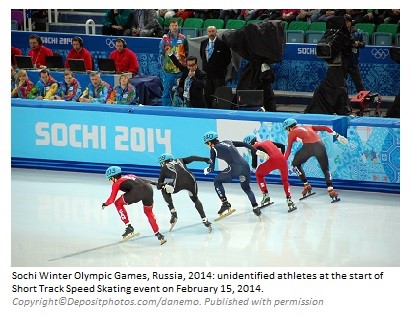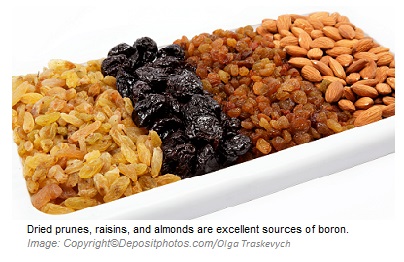 human beings was reported in 1982. Following that, several studies were conducted regarding boron and its effects on the body. In 1990, one study showed that taking 3 mg boron for seven weeks increased the levels of estradiol and testosterone. Another study in 1992 confirmed that consumption of boron doubled the levels of testosterone in postmenopausal women. The debates about boron and its effects continue and we have to wait for the results of more studies to be released.
human beings was reported in 1982. Following that, several studies were conducted regarding boron and its effects on the body. In 1990, one study showed that taking 3 mg boron for seven weeks increased the levels of estradiol and testosterone. Another study in 1992 confirmed that consumption of boron doubled the levels of testosterone in postmenopausal women. The debates about boron and its effects continue and we have to wait for the results of more studies to be released.It seems that boron may help prevent osteoporosis (age-related bone loss) by increasing the use of calcium, magnesium, phosphorus, and vitamin D, and by enhancing the production of estrogen. Despite some contradictory evidence, most studies suggest that micronutrient boron doubles testosterone in human beings and is an important factor for anabolic hormones synthesis, both in women and men, mostly in women.
Athletic Benefits of Boron:
The testosterone-boosting ability of boron did motivate athletes to use it. Though there is no strong evidence that boron can increase the levels of testosterone in athletes to the desired level and improve their athletic performance, studies indicate that boron deprivation for 3 weeks or more may have a negative effect on physical performance. Some athletes use boron as a “steroid replacer” during the off days of their steroid program.
Food Sources and Dosage:
Boron is naturally found in many plant foods, such as fruit, vegetables, dried fruit, and grains. A food supplement named pyroboranol can increase boron levels.
For the amount of boron in plants, refer to the table below.Though there is no recommended standard daily allowance for boron, a leading expert suggests 1 to 3 mg for non-athletes and 6 to 12 mg for athletes.

|
Boron Rich Foods: |
|
|
Plant Foods |
Amount of Boron per 100 grams |
|
Dried runes |
27 mg |
|
Parsley |
27 mg |
|
Raisins |
25 mg |
|
Almonds |
23 mg |
|
Peanuts |
18 mg |
|
Apple sauce |
2.8 mg |
|
Peaches |
1.8 mg |
|
Broccoli florets |
1.8 mg |
For more and detailed information about boron, see “Boron” under the section of “Minerals“.

